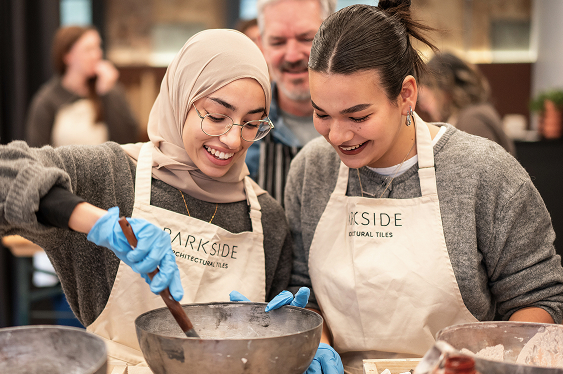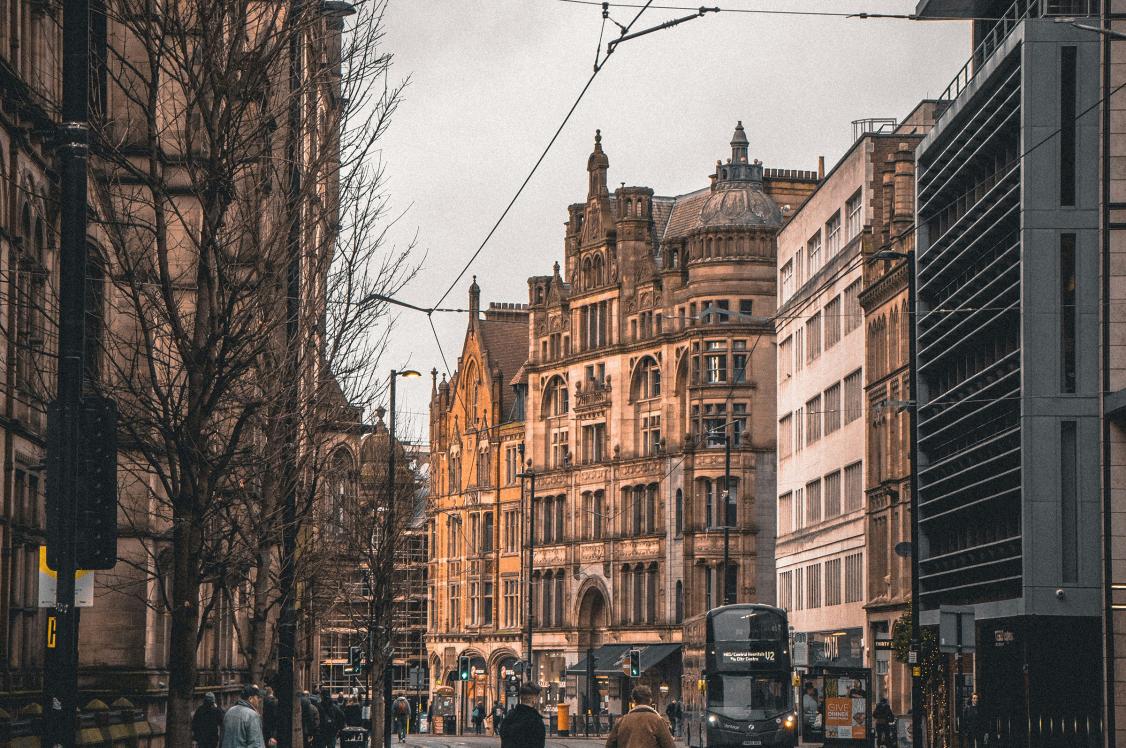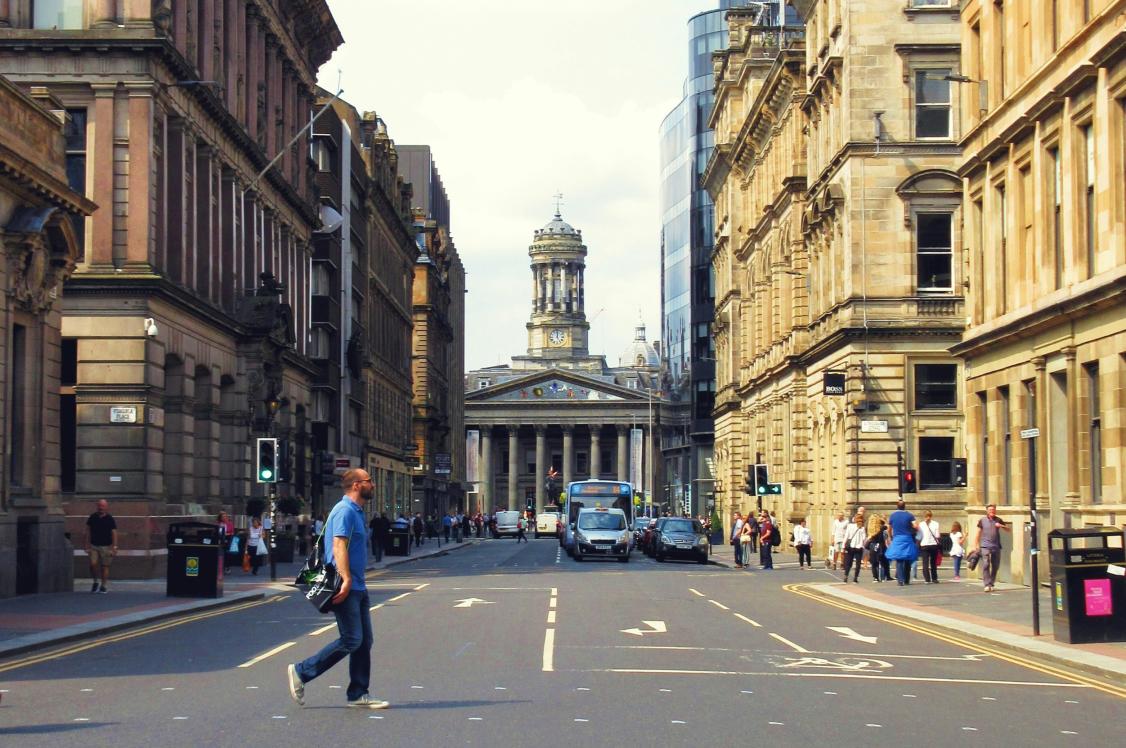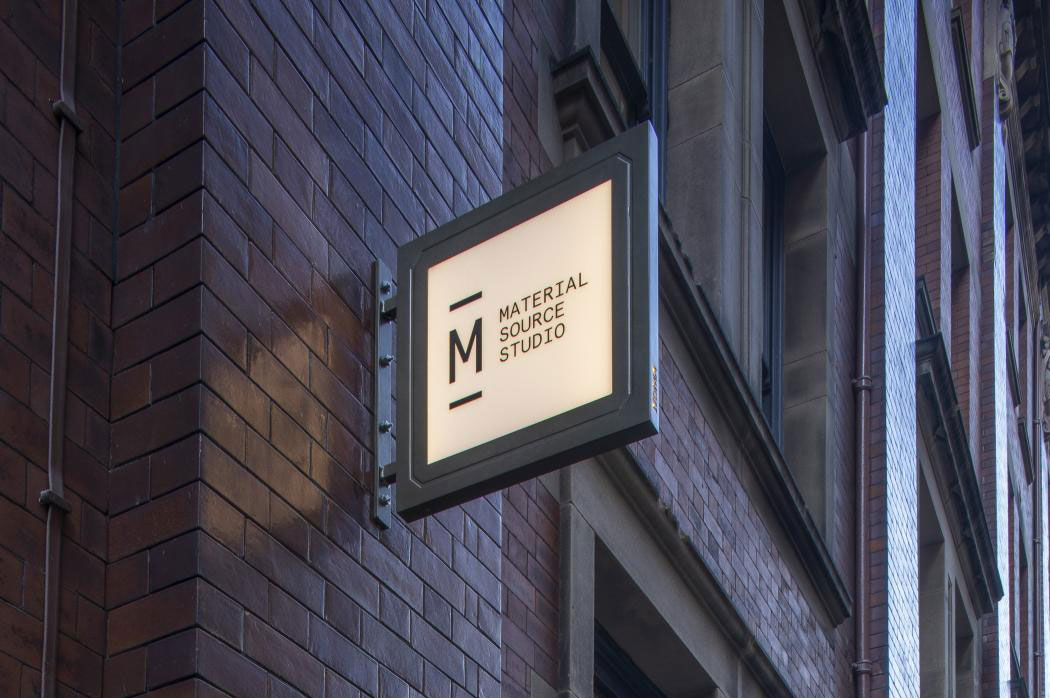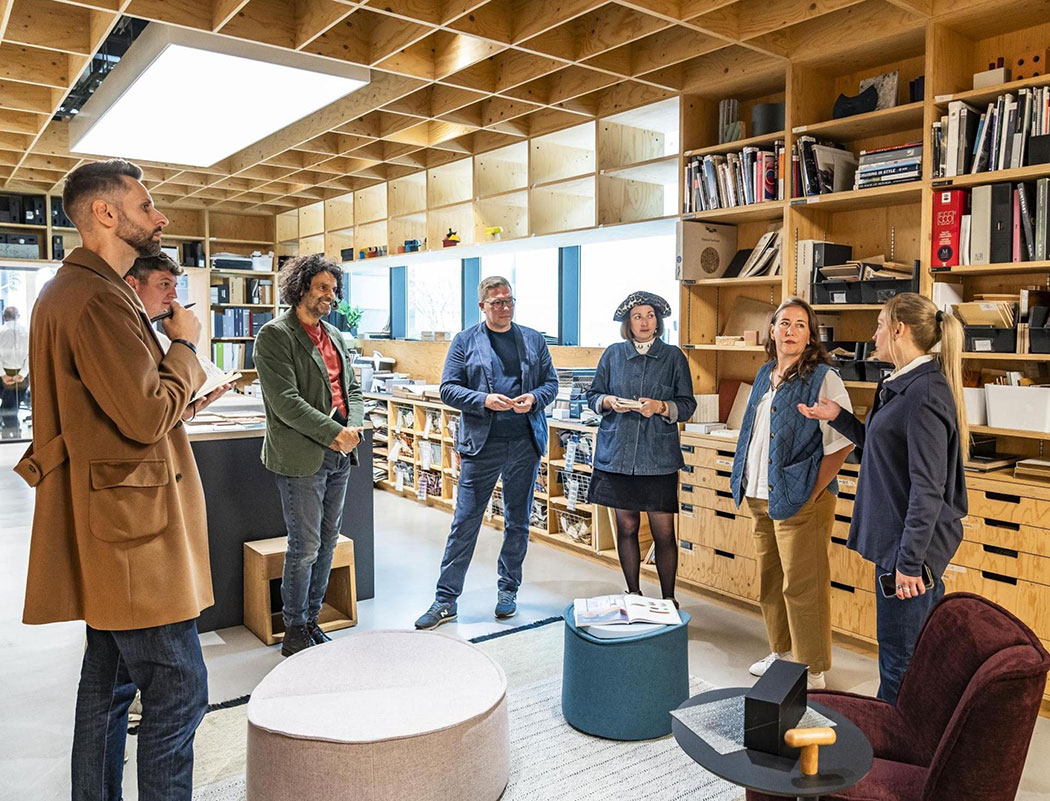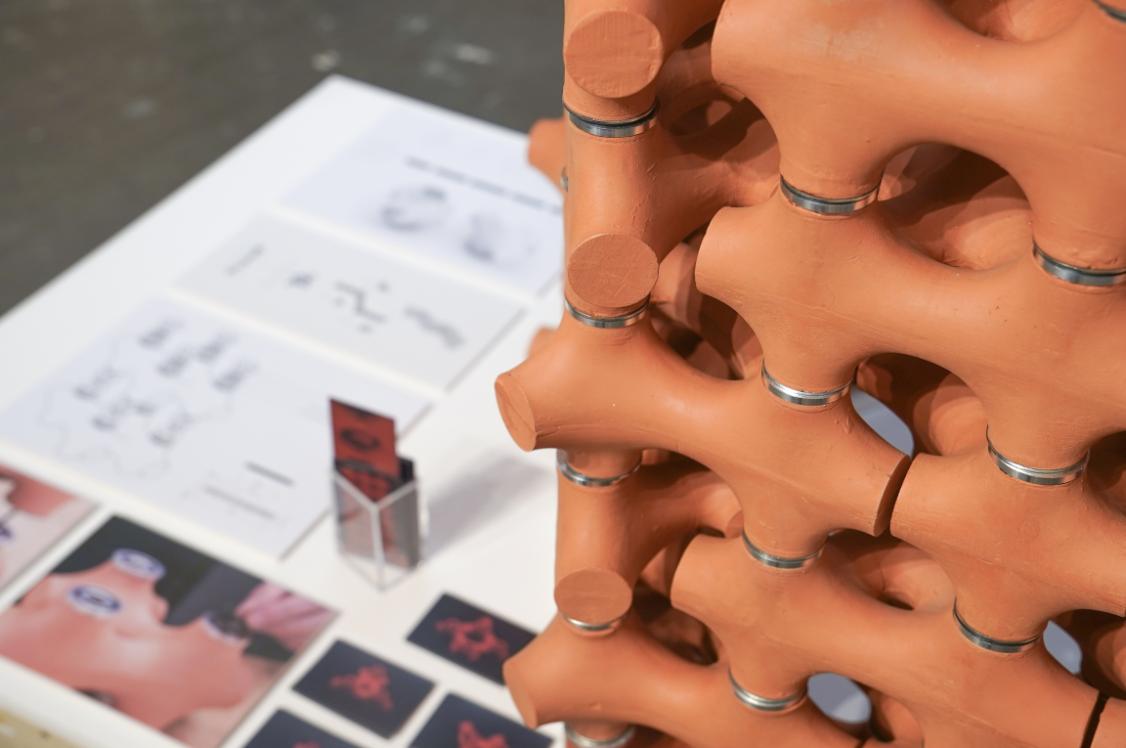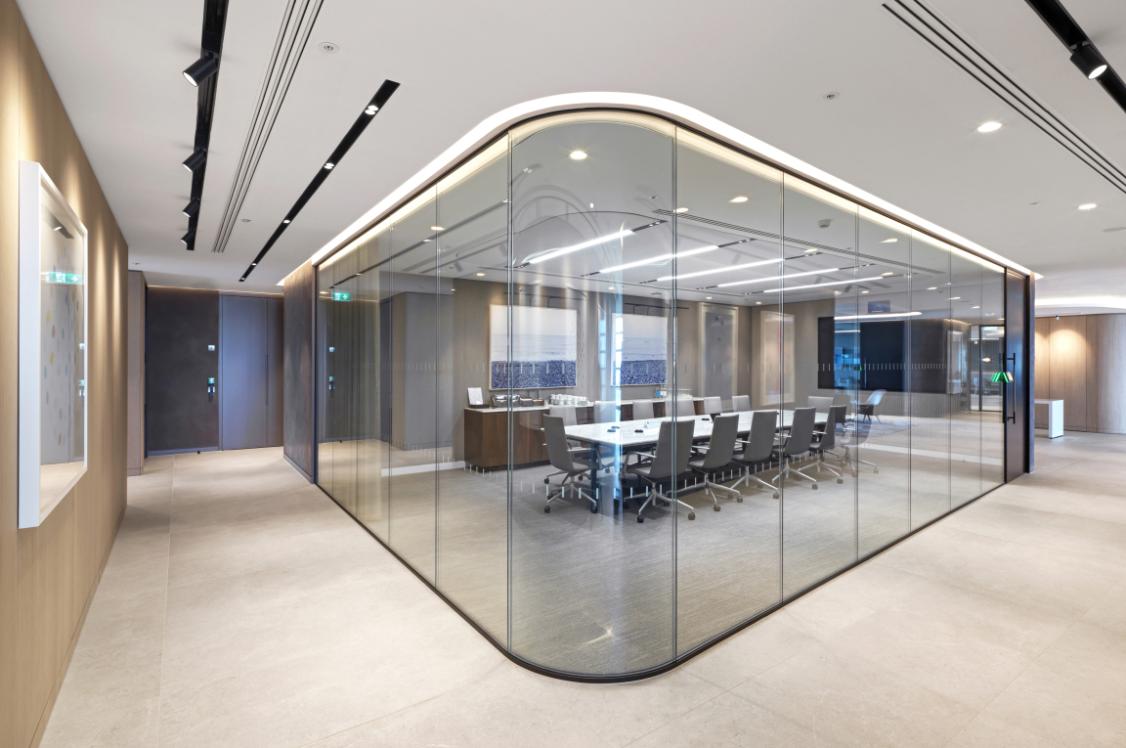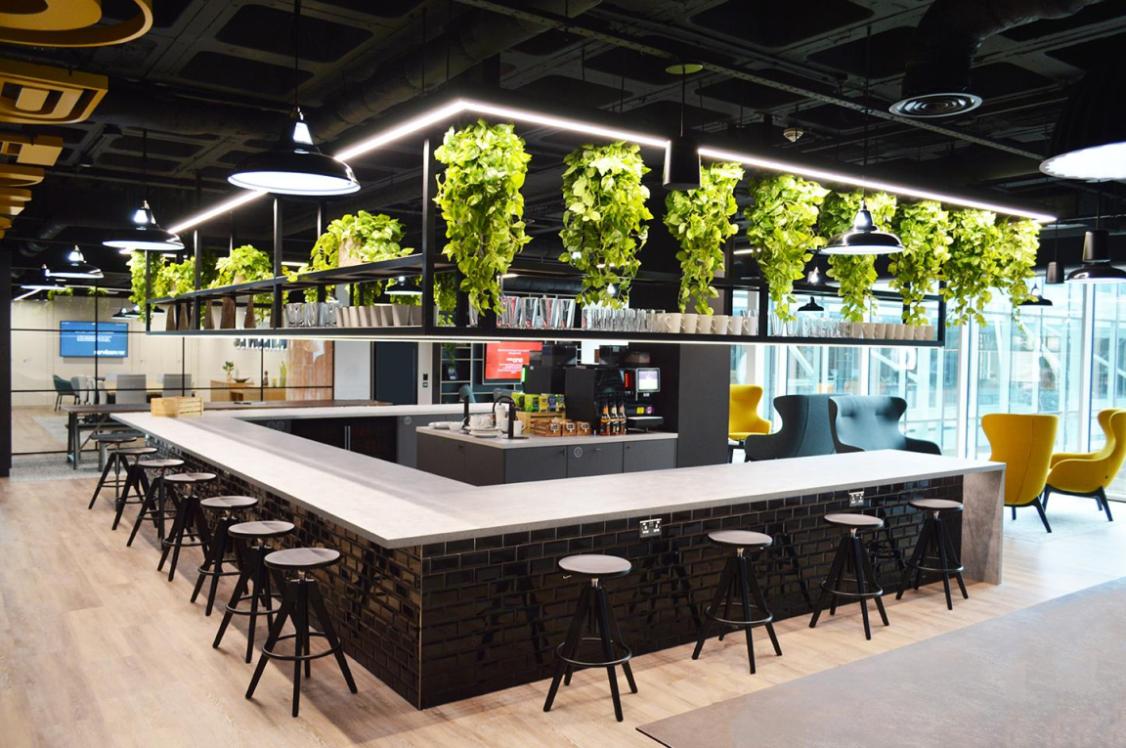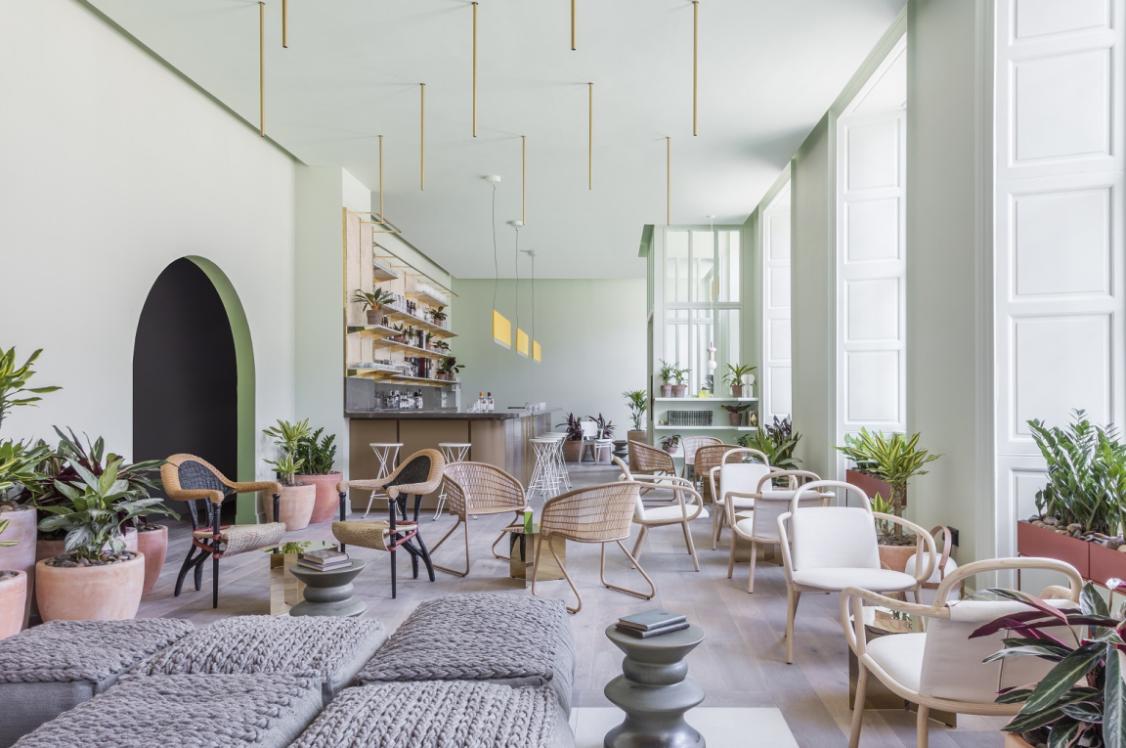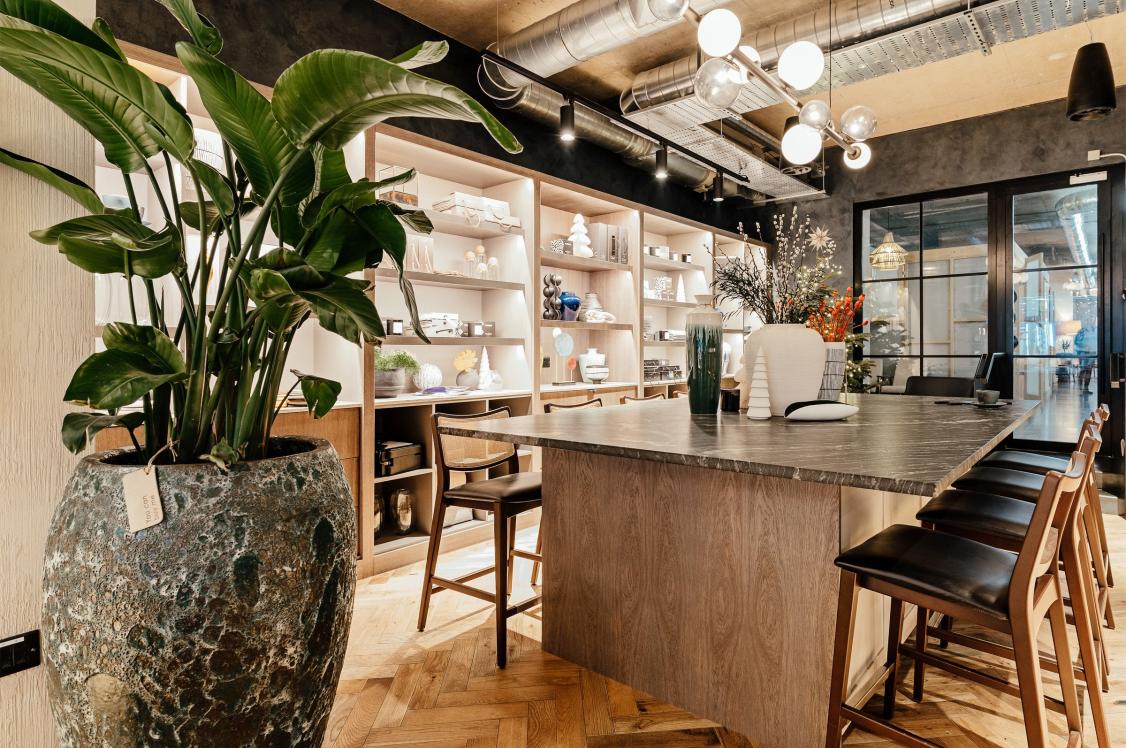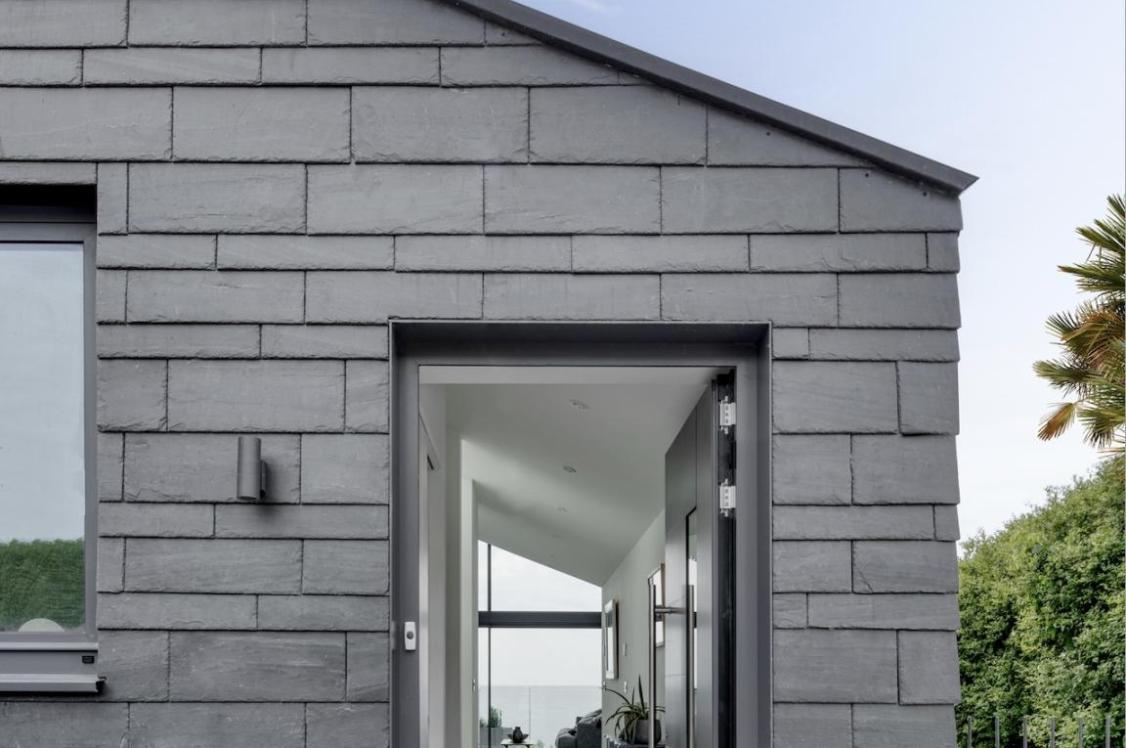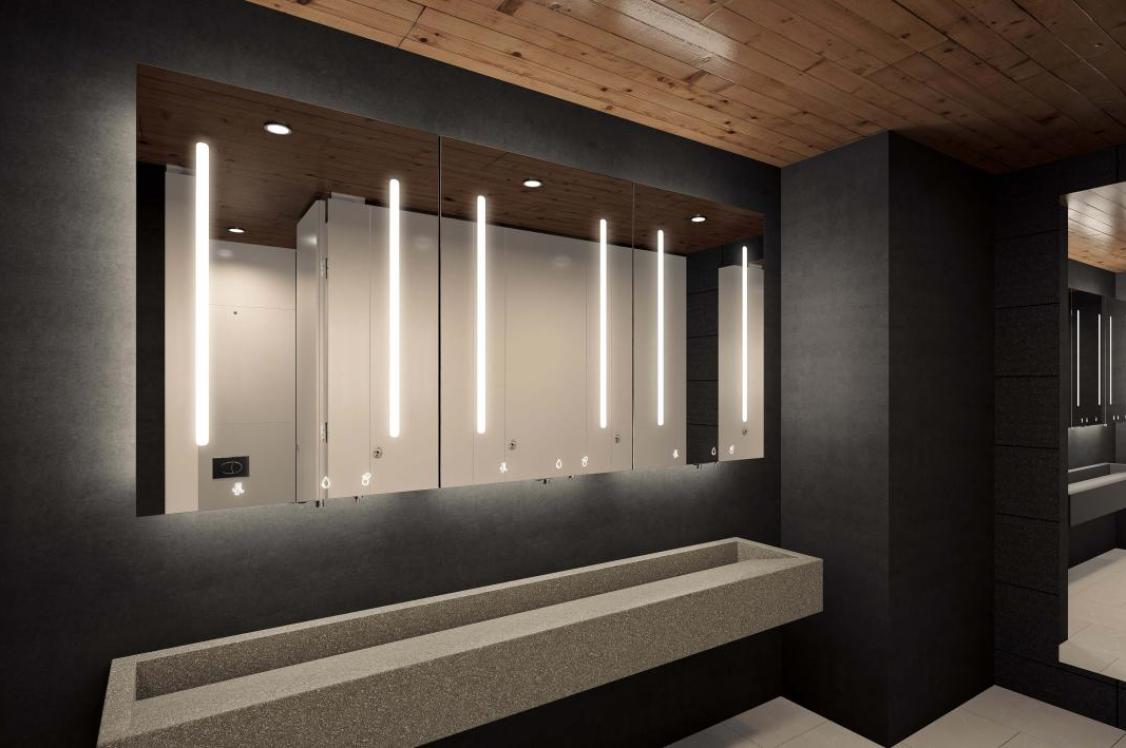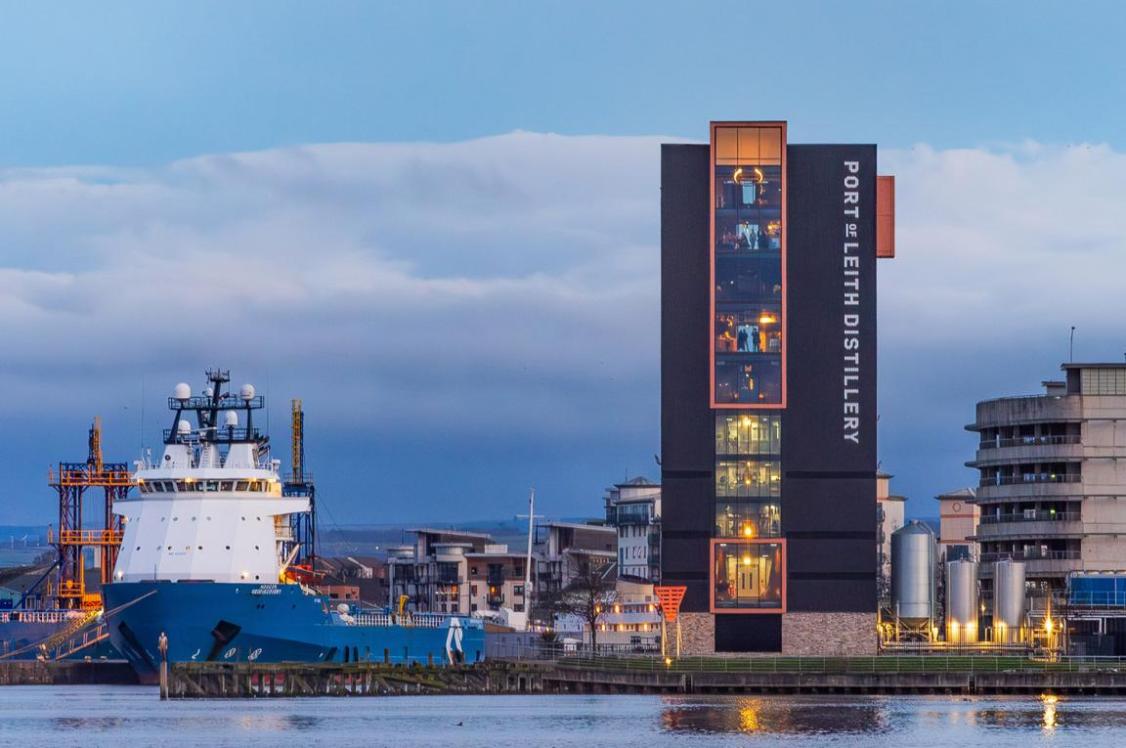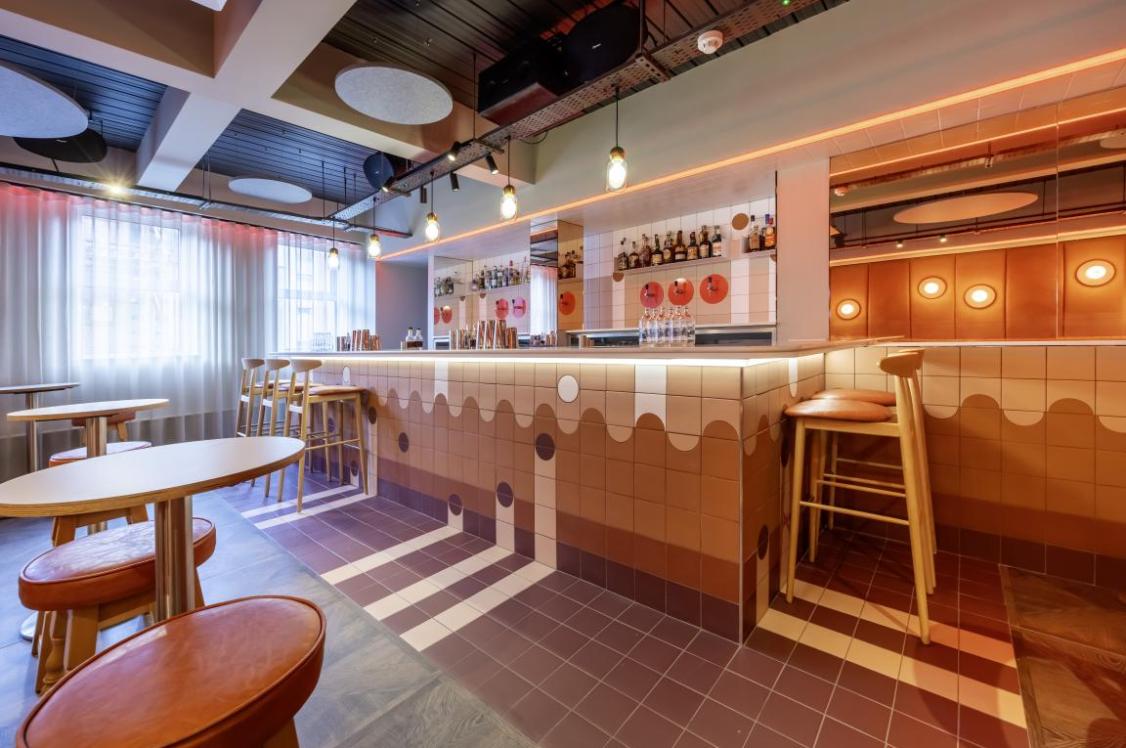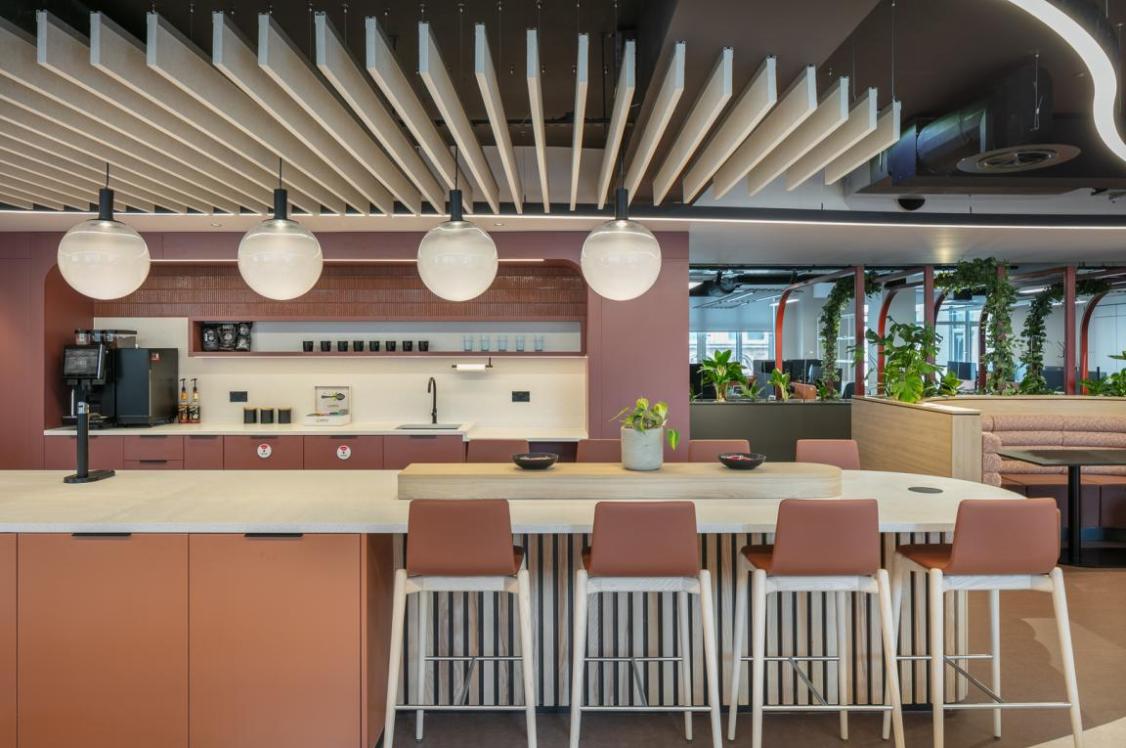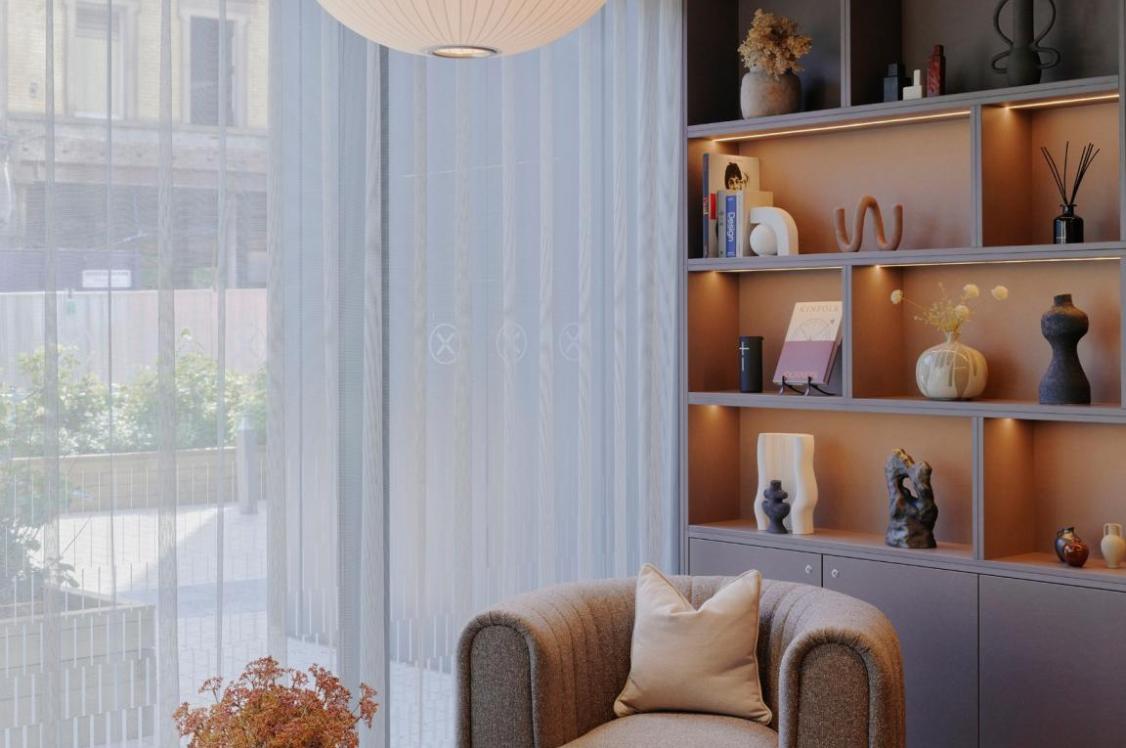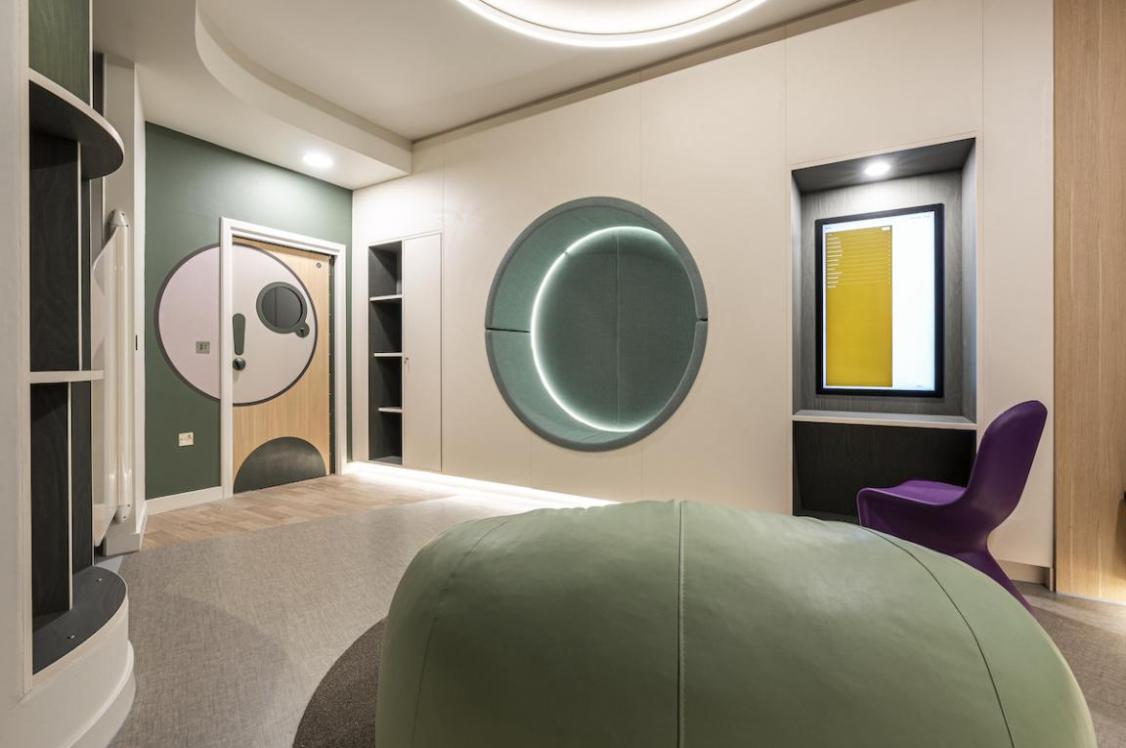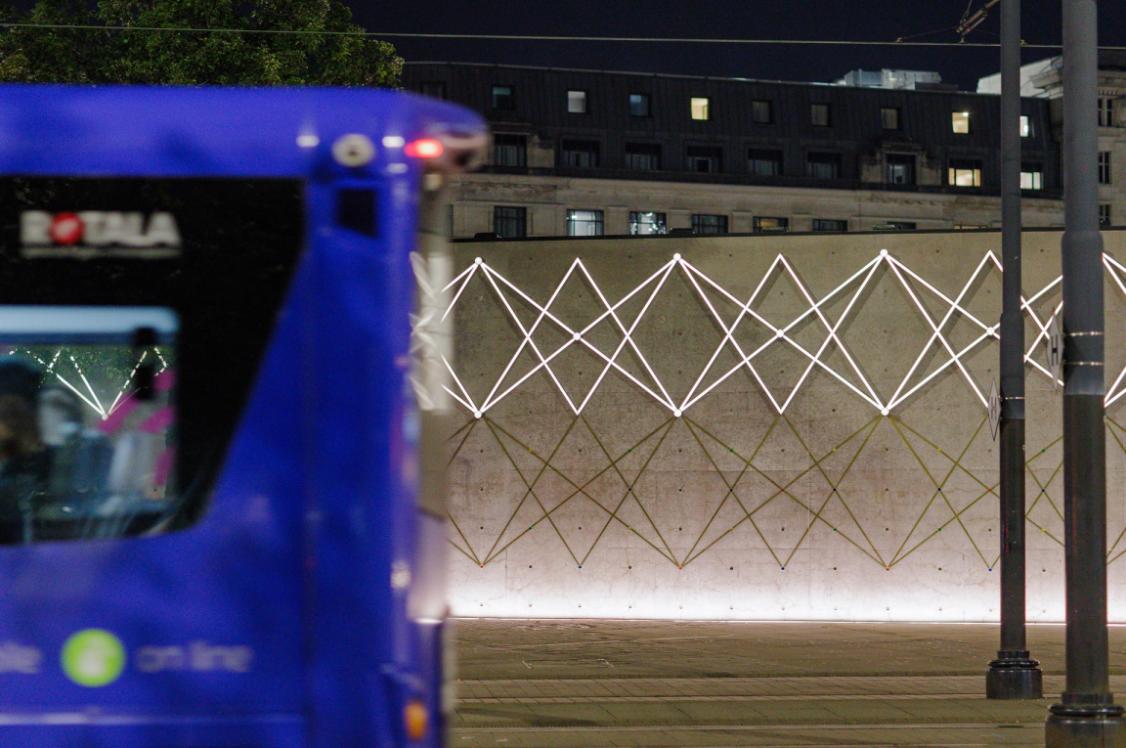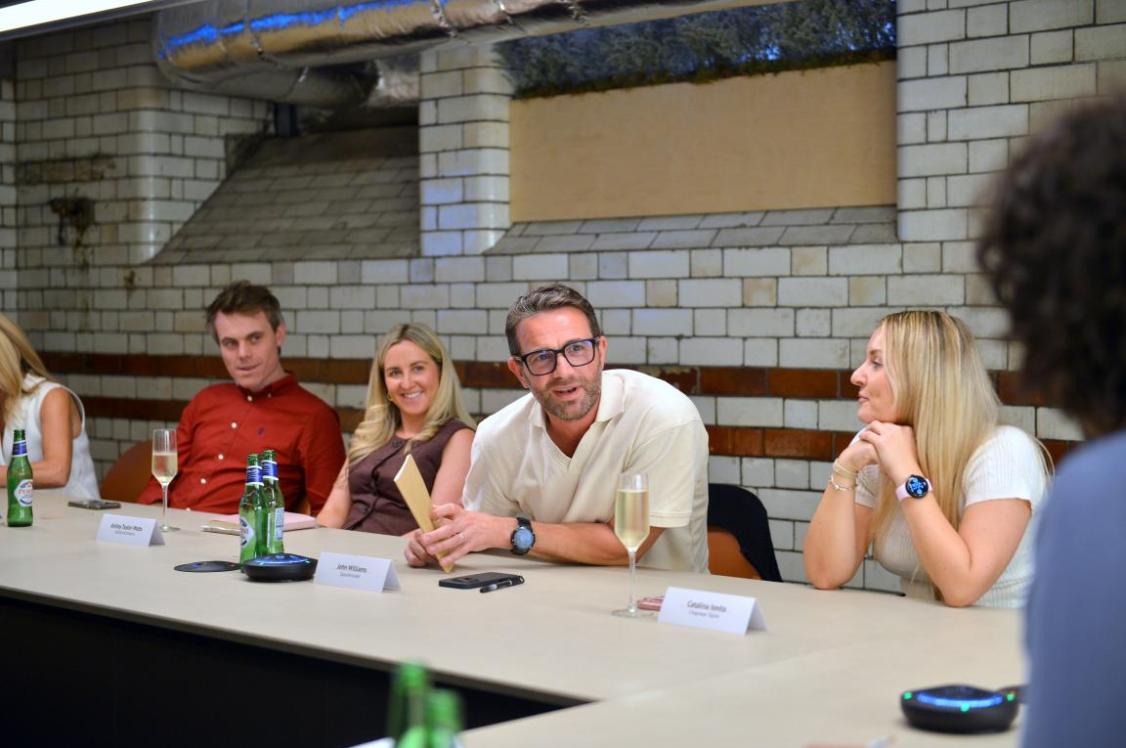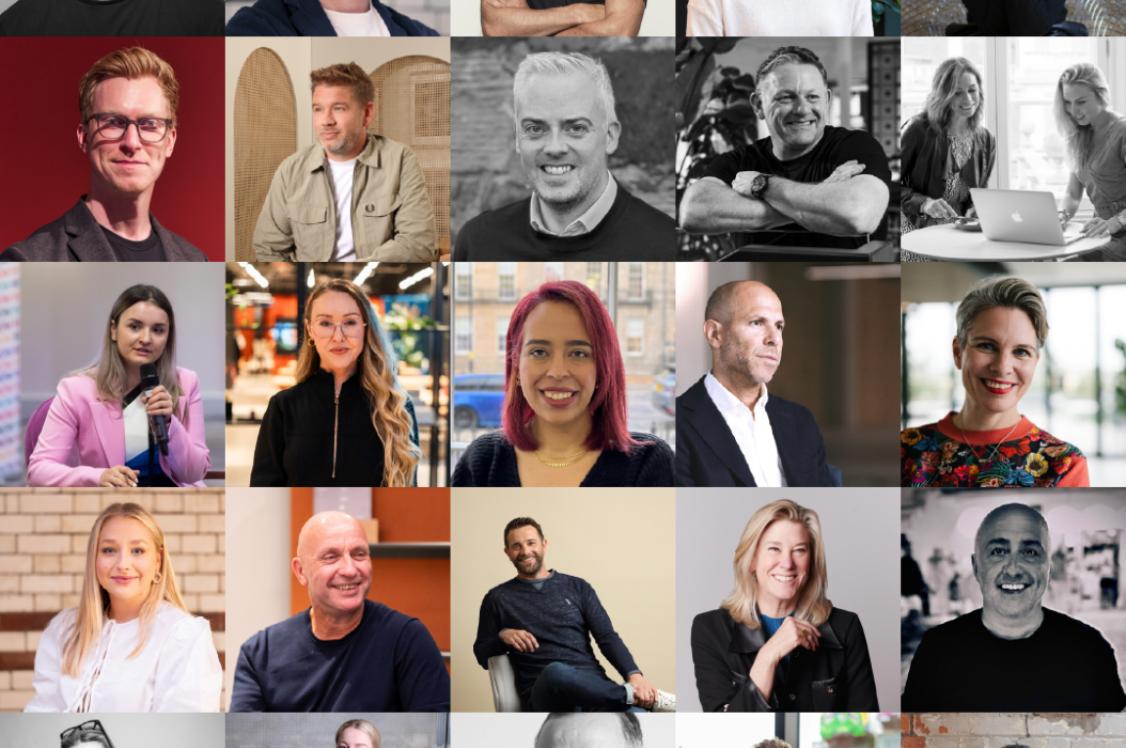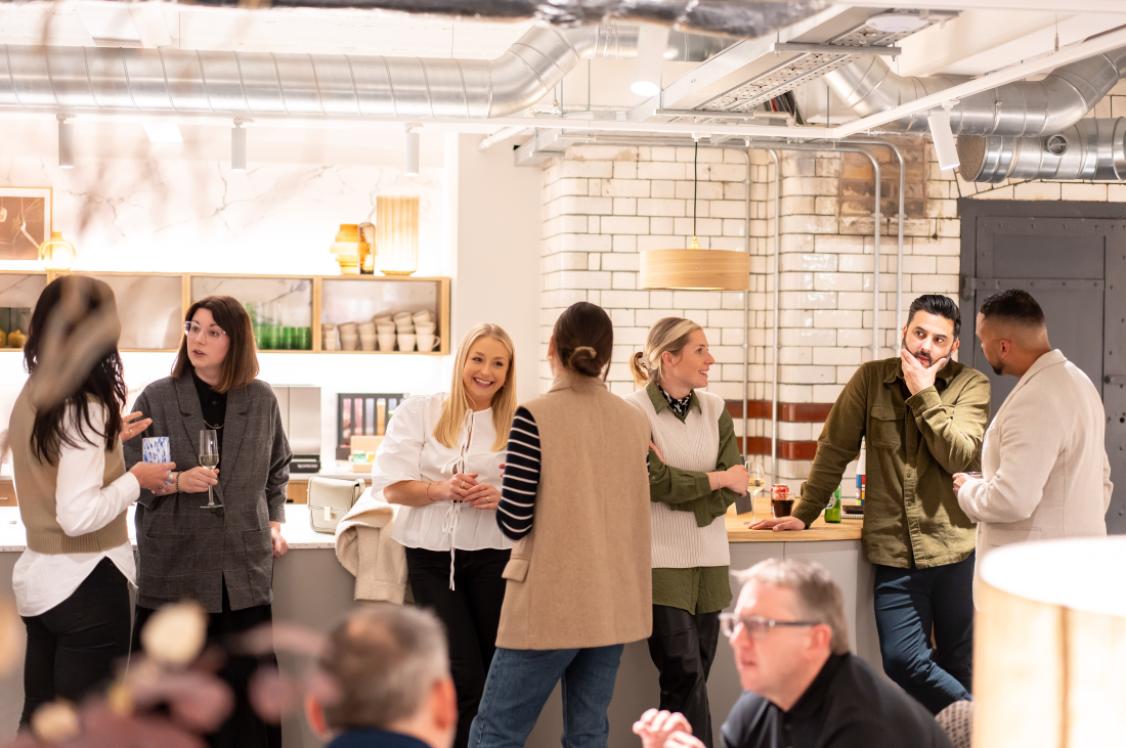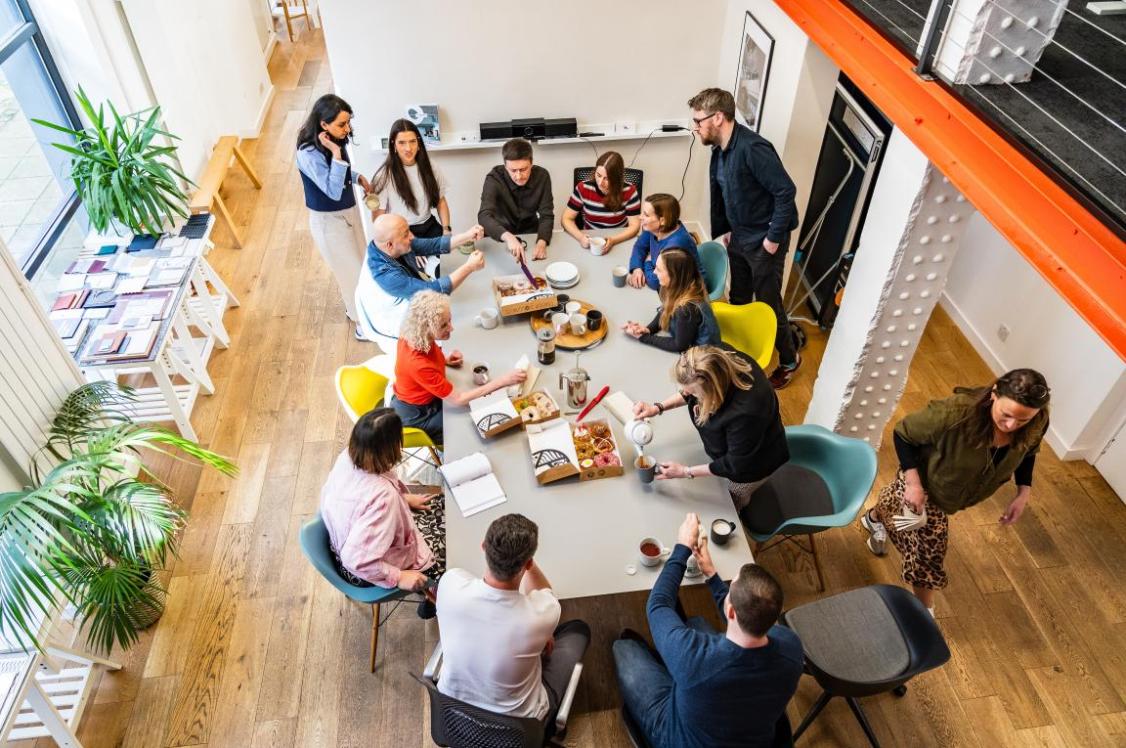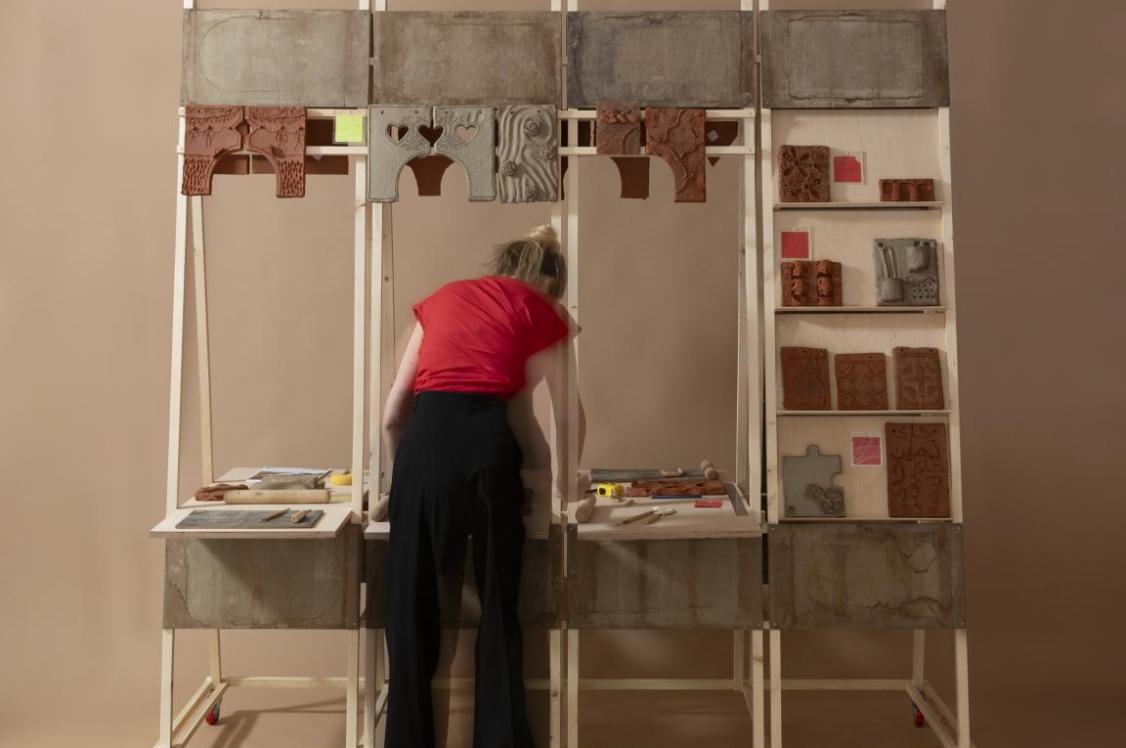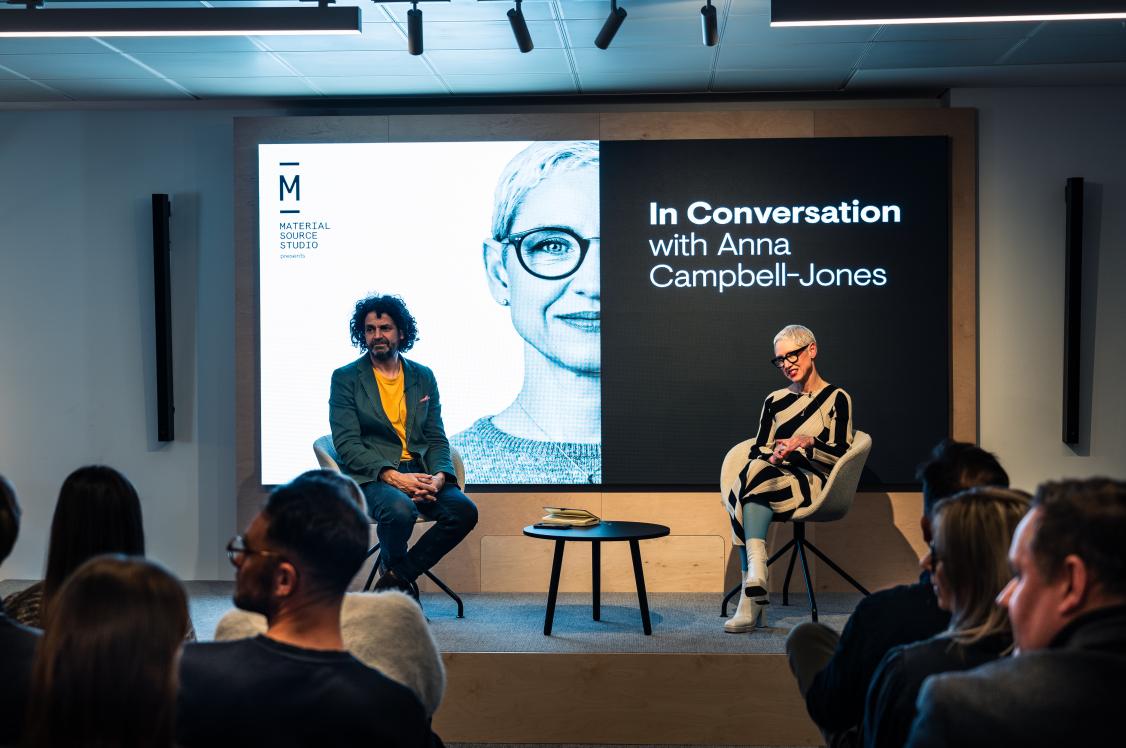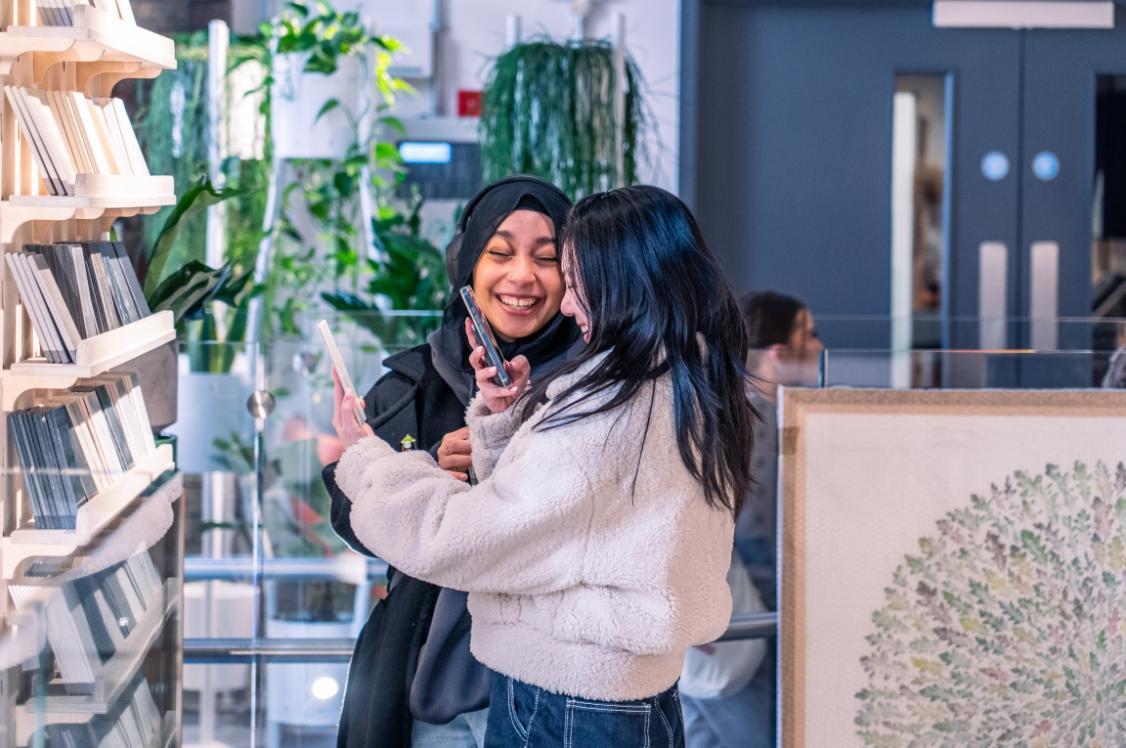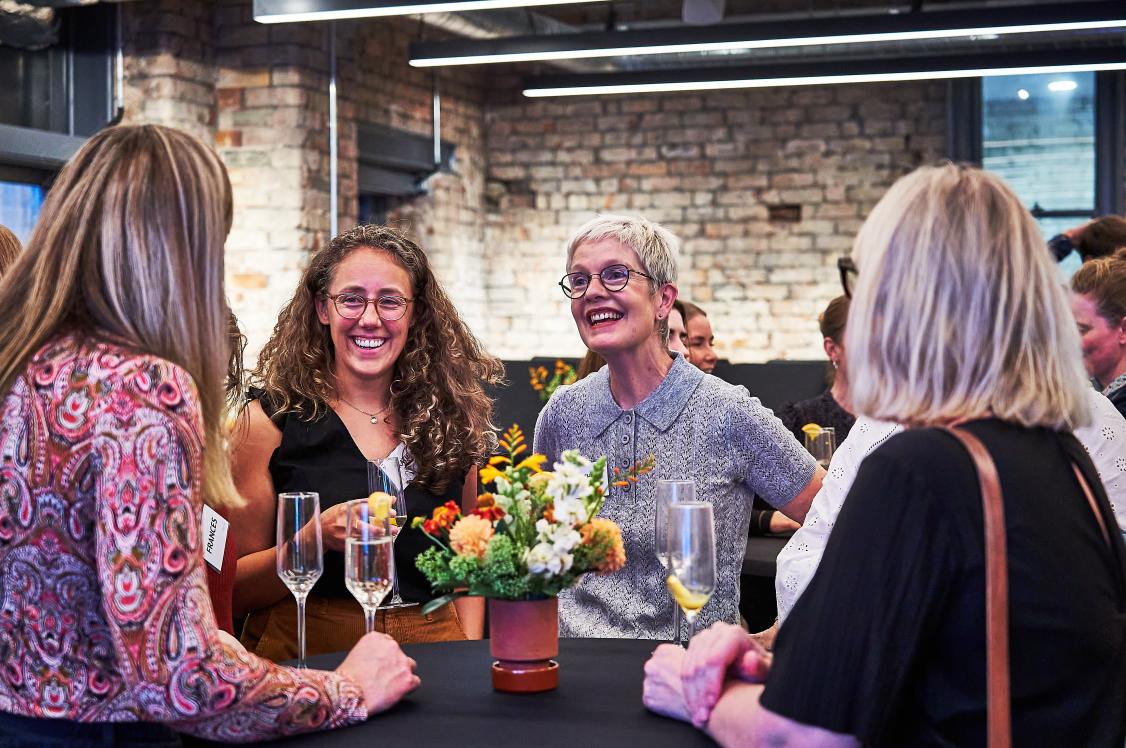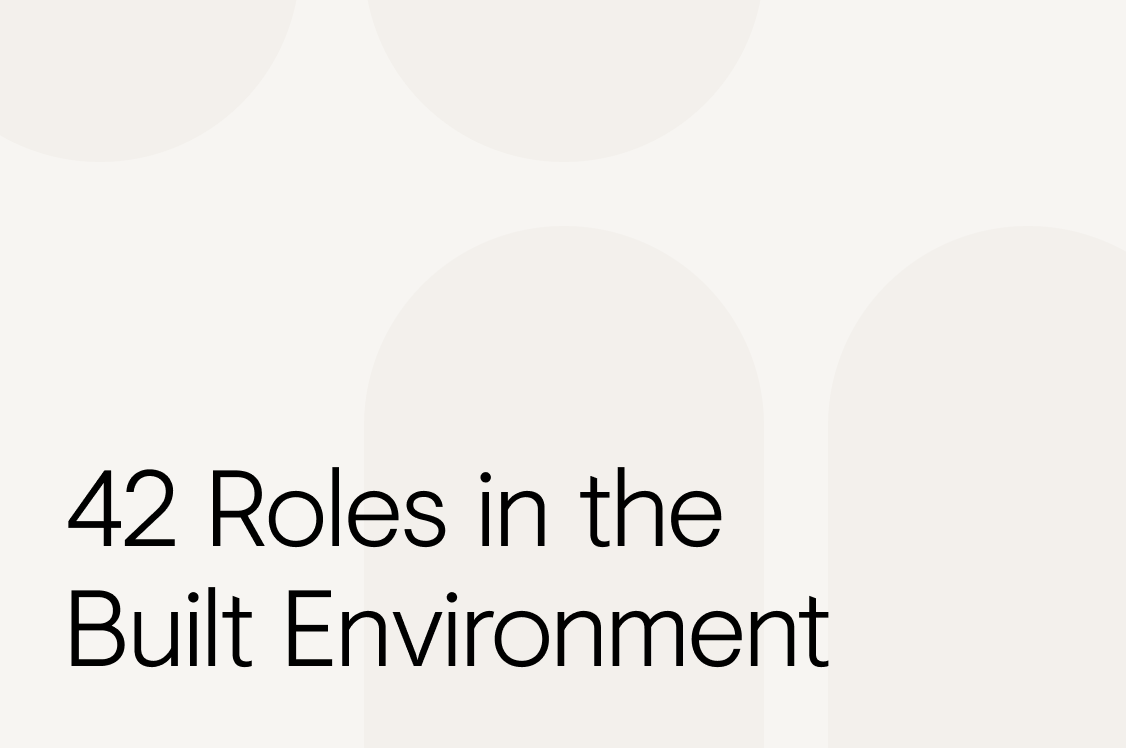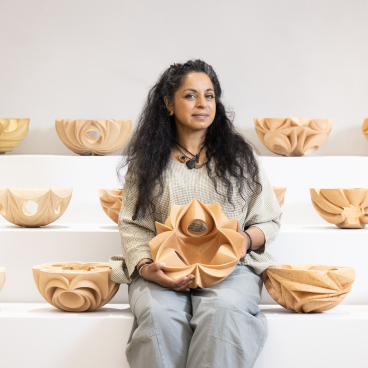Michael Brown & Mark Rebbeck, directors, Altered Space, on development hotspots, rethinking the high street, amenities & asset ownership.
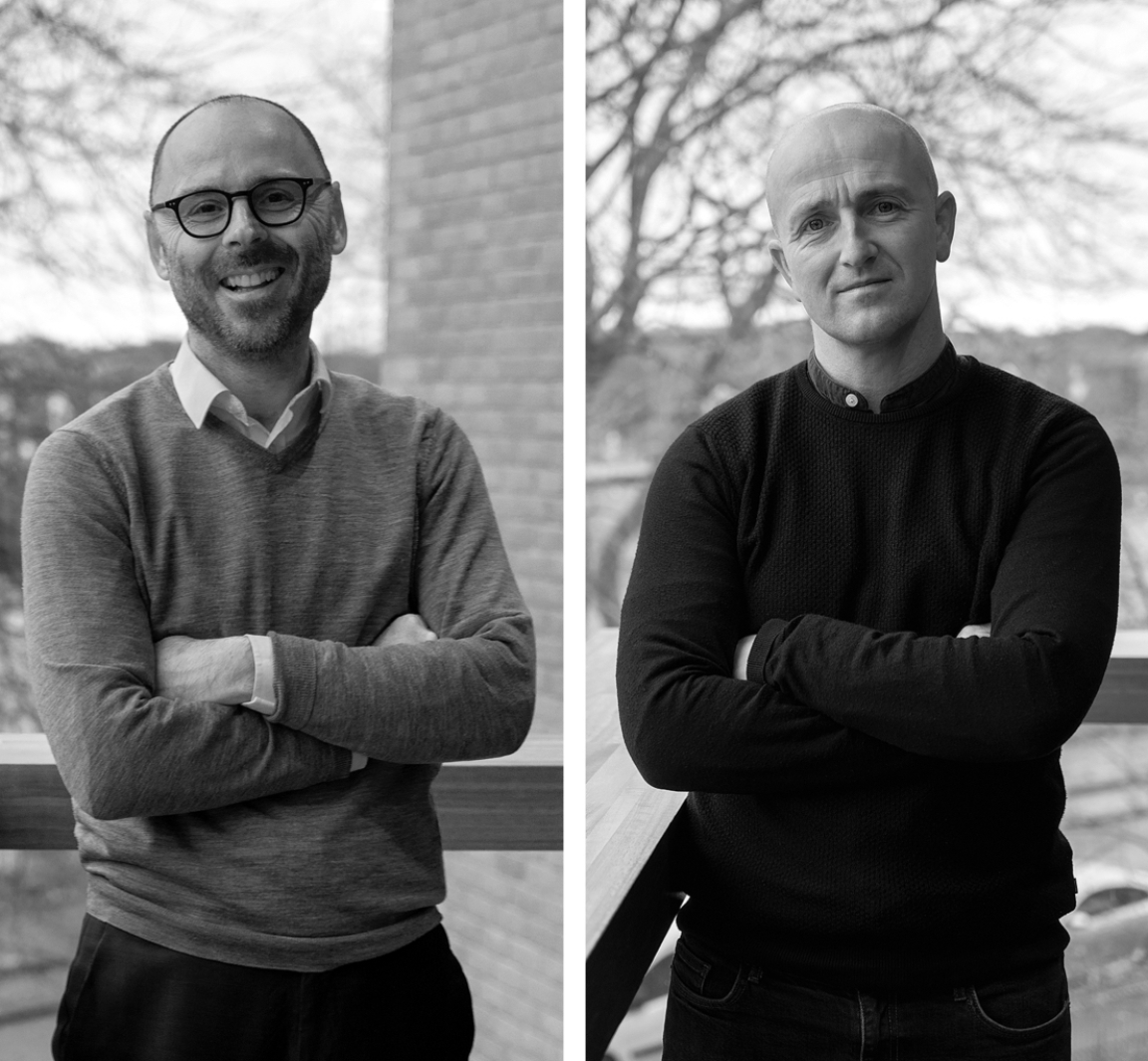
Altered Space is an asset manager and developer dedicated to urban regeneration in the North West. Its aim is to revitalise town centres and boost local economies.
To do this, before any redevelopment work is carried out, Altered Space - led by directors Michael Brown and Mark Rebbeck - becomes immersed in the location's history to ensure it's embedded into plans to engage the community. Something they believe allows peoples' connection to the place to flourish, while generating interest and investment.
The firm is currently working across two major regeneration projects in the North West region – Stanley Square, Sale, and Cockhedge, Warrington, collaborating with SimpsonHaugh, Armstrong Projects and Sixteen - the first of which has been transformed from a "tired, out-dated 1960s style location, into a vibrant town centre, buzzing with local independent businesses".
Keen to find out more about the team's approach, their thoughts on the current state of the UK's high streets, where the key development opportunities lie, and the biggest challenges faced in the property sector, we sat down with directors Michael Brown and Mark Rebbeck for a chat. Here's how it went...
Firstly, can you please introduce us to Altered Space?
"Altered Space is an asset manager and developer, specialising in mixed use urban regeneration schemes. We focus on collaboration and engagement in the placemaking process to improve the quality of life for residents and visitors, as well as driving economic change. We are currently managing and redeveloping two mixed-use town centre regeneration projects in the north west of England: Stanley Square, Sale in Greater Manchester and Cockhedge in Warrington."
You mention collaboration - how important is it in the drive to reinvigorate our towns and cities?
"Collaboration is the key to any successful regeneration project and something we place heavy emphasis on. Engaging with the community, the local authority, tenants, funders and your wider team of professionals is vital when delivering inclusive regeneration. For long-term success, the community needs to benefit so it is crucial their voices are heard."
What’s the current state of the UK’s high streets?
"High occupational costs and a lack of disposable income continues to make it difficult for high streets in many towns and cities across the UK. This, coupled with the acceleration of online retail continues to cause challenges whilst large format boxes that were once attractive can be difficult to relet as big box retailers seek out of town premises.
"Often it is the case that a town or city is over provided for in terms of retail space – a hangover from the good old days when you couldn’t buy everything you need from the comfort of your home!
It’s not all doom and gloom, however, and currently we are seeing strong occupier demand across a wide range of use categories often led by independents and food and beverage operators.
"Alternative uses such as co working, leisure and health care are just some of the sectors that are taking the space of what was once a retail dominant environment, whilst shoppers seek out a more experiential offering. This has led to a focus on placemaking and urban regeneration in the UK quite often led by local authorities, which is encouraging to see."
How are urban developments such as Stanley Square in Sale, and Cockhedge in Warrington supporting the areas in which they are situated to thrive?
"We have diversified away from core retail in our assets by bringing alternative uses. This in turn has encouraged greater footfall with an 8% increase year-on-year and 50,000 visitors a week and rising in Stanley Square, Sale.
"Bringing in uses other than retail, such as office spaces, nurseries, leisure, healthcare, arts and culture, and hospitality expands the attraction of the town centre and gives residents and visitors more of a reason to stay local and re connect with their own town centre.
"Investment and redevelopment done well can act as a catalyst to greater change attracting more aspirational traders and driving the local economy through job creation, enhanced dwell time and spend.
"We also believe that creating better and more appealing places helps engender a sense of pride and aspiration within the local community, something which in many areas is no longer apparent.
Positive outcomes such as improved health and wellbeing, enhanced quality of life and a greater sense of belonging can all come from a successful regeneration project.
How do you work to integrate the communities that surround your schemes?
"To ensure resident’s desires were understood when regenerating Stanley Square, we created the community group, Uniquely Sale. We have engaged consistently with this group of business leaders and local residents to drive positive and long-term change.
"Rather than always looking inwards, we feel strongly that regeneration should involve not just your own scheme but have consideration for the wider town scape. In Sale we have recently worked with local residents and Trafford Council to set up an ‘In Bloom’ movement aimed at improving the planting and general street scape in the town centre.
"We also developed a strong brand for a community space named ‘Hiya’. This is a shared space for people to hire and use for whatever project they have in mind. Hiya provides a flexible way to make use of vacant retail space and helps community engagement by providing a wide range of opportunities for people to visit the location such as flea markets, art classes, choir groups, dance classes, yoga, mums and tots, swap shops and many more.
"In Sale we have developed strong links with the Hong Kong Community Group who meet in Hiya twice and week and have held numerous events to enrich the scheme and town as a whole.
"In addition we have developed strong relationships with the local church of England and primary school where our centre manager Tony Martin is now on the Board of Governors."
Which cities are getting it right when it comes to placemaking?
"With two projects in NW England we would have to say Manchester has been hugely successful in applying placemaking to create thriving city centre living. It is nipping at London’s heels with the trendiest hospitality and leisure spots popping up every week and new accommodation consistently emerging. It seems increasingly more people want to move to Manchester and the city’s population is even predicted to grow a further 6% in the next decade.
"Leeds is another stand out location when it comes to placemaking. We recently attended UK REiiF and were extremely impressed with the pace of change and the quality of schemes being developed whilst still retaining its rich heritage and character. "
And which still have a way to go?
"We feel that there is huge opportunity in Belfast as it has a dual status, with one foot in the UK and one foot in the EU. With a flourishing student population as well as a growing reputation for excellence in the tech and FinTech sectors, signs for future investment are positive.
"As Belfast is our home city, we recognise the great building blocks that it has, but it is still well behind the curve of UK cities in terms of a critical mass of people living within the city centre. A lack of government backed funding solutions in comparison to cities on the mainland makes the building of high quality rental accommodation that bit more challenging; however with the first large scale, institutionally backed BTR scheme (The Loft Lines, Titanic Quarter) coming out of the ground, we will hopefully see the city kick on over the next 10 years."
As Belfast is our home city, we recognise the great building blocks that it has, but it is still well behind the curve of UK cities in terms of a critical mass of people living within the city centre.
Where are the investment hot spots then?
"Hot spots can be located everywhere depending on how you see the opportunity and how creative you can be when finding solutions. Manchester has received a lot of funding and regeneration over the last five to ten years, creating a domino effect with an increasing number of investors becoming attracted to the destination."
Now 5-years on from the outbreak of Covid, what’s been the biggest impact on city-centre living?
"The most notable change we have seen as urban redevelopers, is the shift in what amenities are more desired in city centres. Office occupancy in the last five years has been hugely impacted, as rates dramatically decreased during the pandemic and remained low for the first couple of years after.
"UK office occupancy rates have now risen to their highest level since the start of the pandemic, but they are still below pre-pandemic levels. Businesses no longer want large format corporate office space with many instead are looking for shared and co-working spaces to rent due to flexible working policies.
"With the popularity of online shopping not showing any signs of slowing down post-COVID, this has impacted city shopping centres and high streets. The availability to make rapid purchases at home has seen people seek more from city centres, looking to gain experiences rather than just purchases. Locations with mixed-use developments including leisure and hospitality venues are crucial to keep city centres thriving."
What challenges do you face in your day-to-day?
"Viability is the greatest challenge we face at present. The economic climate has levelled out a bit in the last twelve months however, it is still not easy and developers have had to be creative in finding financially viable solutions. Involvement from Local Authorities, Combined Authorities and Central Government via grant funding is often essential to unlock regeneration projects.
"As urban regeneration developers, we have to be nimble and flexible to react to fluctuating economics, carefully curating a scheme and its spaces to cater for the latest market trends.
There is no ‘one size fits all solution’, and we feel that the best regeneration happens organically rather than being overly prescriptive – unfortunately time is not always a luxury afforded to developers.
"Looking inwardly, growth of the businesses is both an opportunity and threat and the challenge for us is to grow Altered Space whilst remaining true to our ethos of ‘hands on’ engagement and direct ownership of each of our projects."
What are you currently working on?
"As well as the two schemes, Stanley Square in Sale and Cockhedge in Warrington, we have just recently completed an exciting bid for a major town centre regeneration scheme in the North West, collaborating with a like-minded developer and the Local Authority."
And what's next?
"We are currently on the lookout for one to two regeneration opportunities in mainland UK or Northern Ireland where Altered Space can add significant value through our unique, hands on approach."


